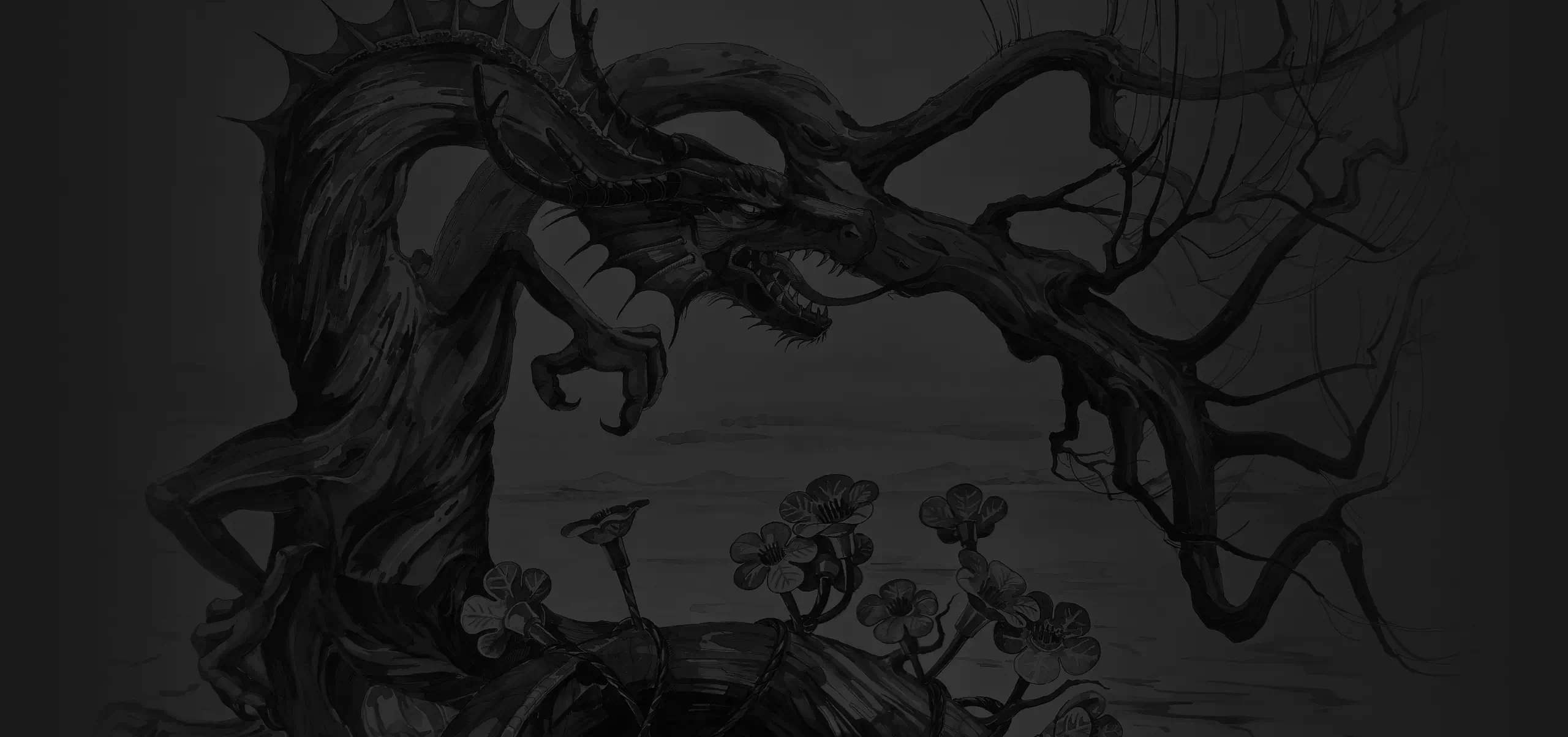
26
Threaten Sophora, pointing to here.
Interpretation:
To tame a subordinate
Give him deep fear
Punishing others for mistakes.
Let this be a warning.
If a subordinate scoffs at orders and refuses all attempts to force him to obey, then someone else can be punished for his failure. Then he will be afraid to disobey. Threats and promises of rewards can be useful techniques for commanding an unfamiliar army.
Give him deep fear
Punishing others for mistakes.
Let this be a warning.
If a subordinate scoffs at orders and refuses all attempts to force him to obey, then someone else can be punished for his failure. Then he will be afraid to disobey. Threats and promises of rewards can be useful techniques for commanding an unfamiliar army.
Historical example:
The ruler of the Us domain decided to send a conquering detachment to the possession of Chu. To avoid loud discontent, he announced to his entourage:
- Whoever dares to object will face death!
Shao Ruzi, one of the courtiers, would like to raise objections, but did not dare for fear of punishment. Then he took a crossbow and began to wander around the palace garden. Dew soaked his dress because he had spent the whole night in the garden. In the morning he came to the palace, sat down in his wet clothes and began to look thoughtfully into the distance. This went on for three days until the ruler asked:
- Where did you get your dress so wet?
Shao Ruzi replied:
− I saw a tree in the garden. A cicada sat on it and drank dew. The cicada sat high, sang loudly and did not know that a praying mantis was lurking behind. The praying mantis is about to grab the cicada. He bent his whole body and was so carried away by the hunt that he did not notice how a sparrow was hiding next to him. Sparrow craned his neck, already intending to swallow the mantis. He did not suspect that a bullet from my crossbow was waiting for him. All three wanted benefits for themselves, not paying attention to the danger that threatened them.
The ruler of the Us inheritance listened to the speech of his courtier and thought about it. He realized that his campaign of conquest could become dangerous. Thus, Shao Ruzi was able, through comparison with the natural world, to convey to the ruler his criticism and a hint of a threat.
“Okay,” said the ruler. After which he canceled his trip.
- Whoever dares to object will face death!
Shao Ruzi, one of the courtiers, would like to raise objections, but did not dare for fear of punishment. Then he took a crossbow and began to wander around the palace garden. Dew soaked his dress because he had spent the whole night in the garden. In the morning he came to the palace, sat down in his wet clothes and began to look thoughtfully into the distance. This went on for three days until the ruler asked:
- Where did you get your dress so wet?
Shao Ruzi replied:
− I saw a tree in the garden. A cicada sat on it and drank dew. The cicada sat high, sang loudly and did not know that a praying mantis was lurking behind. The praying mantis is about to grab the cicada. He bent his whole body and was so carried away by the hunt that he did not notice how a sparrow was hiding next to him. Sparrow craned his neck, already intending to swallow the mantis. He did not suspect that a bullet from my crossbow was waiting for him. All three wanted benefits for themselves, not paying attention to the danger that threatened them.
The ruler of the Us inheritance listened to the speech of his courtier and thought about it. He realized that his campaign of conquest could become dangerous. Thus, Shao Ruzi was able, through comparison with the natural world, to convey to the ruler his criticism and a hint of a threat.
“Okay,” said the ruler. After which he canceled his trip.
